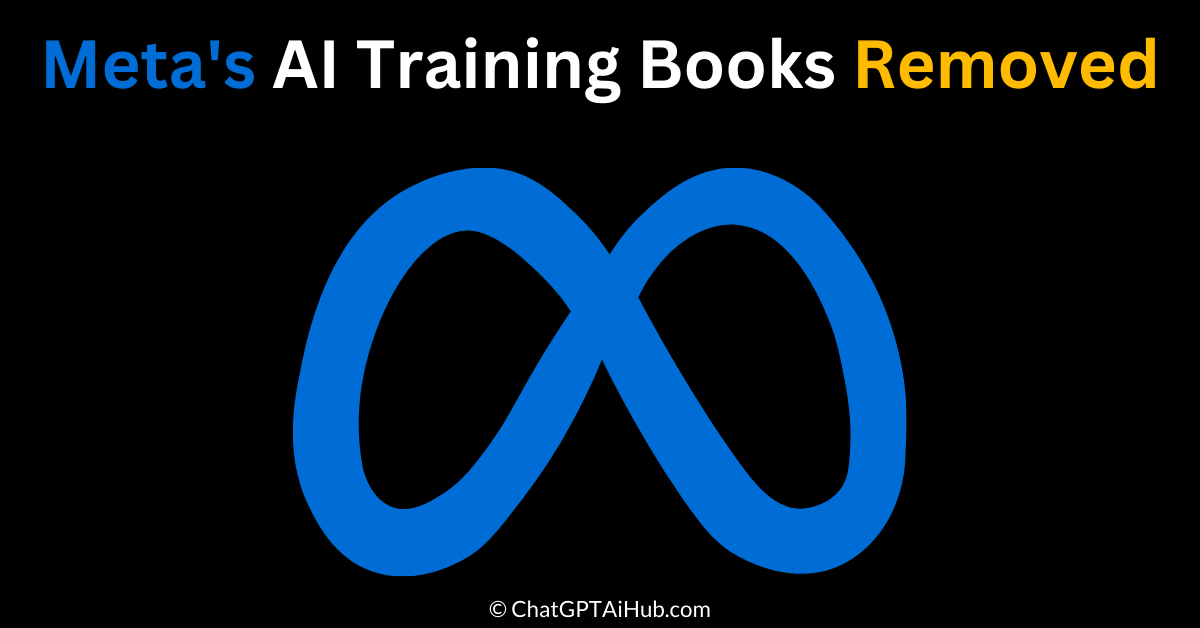In a clash at the crossroads of artificial intelligence (AI) development and copyright concerns, a major online book repository crucial to Meta’s AI training has been abruptly taken offline. This repository, named Books3, contained an expansive collection of over 196,000 plain-text books, serving as a cornerstone for training AI models. This takedown ensued due to a Digital Millennium Copyright Act (DMCA) request initiated by Denmark’s Rights Alliance, reigniting the ongoing debate around AI innovation versus copyright protection.
Books3’s Role in Fueling AI Advancement
Books3 played a pivotal role in Meta’s endeavor to train their AI models, which are designed to comprehend, interpret, and replicate human-like text generation. Given the complexity of natural language processing, AI models require substantial data for effective training. Books3, a component of the broader EleutherAI-managed training resource, The Pile, enabled Meta’s AI systems to glean language nuances, patterns, and insights from a diverse array of texts.
Copyright Clash Unveiled: DMCA Request and Removal
The Danish anti-piracy group, Rights Alliance, propelled the takedown by invoking copyright concerns tied to the content within Books3. A DMCA request was filed, asserting the use of copyrighted material without proper authorization. Consequently, public access to Books3 was revoked, leaving only scattered alternate links. This situation highlights the evolving friction between AI developers and copyright holders, underscoring historical clashes between technology pioneers and guardians of intellectual property.
Dilemmas and Complexities: Ethical and Legal Dimensions
This scenario amplifies the legal and ethical complexities entwined within AI training. Advocates of digital piracy, who support archiving historical content, might find themselves at odds with the exploitation of copyrighted material for AI model enhancement. This juxtaposition accentuates the intricate ethical terrain where the preservation of knowledge intersects with the rights of creators and copyright holders.
Meta’s Response and Industry Ramifications
Meta, a central player in this narrative, had previously acknowledged its use of The Pile as a resource for training its AI models. The issue surrounding Books3 is not unique in the tech realm. It resonates with a parallel lawsuit against Google, alleging the use of illegally disseminated content for AI model training. These instances underscore the delicate equilibrium that tech entities must navigate—fostering innovation while respecting intellectual property rights.
Charting the Path Forward: Navigating Complexity
The collision of AI developers and copyright proponents is anticipated to escalate as AI’s influence broadens across industries. The Books3 incident spotlights the intricate terrain and underscores the necessity for nuanced solutions that harmonize technological progress and copyright integrity. The resolution of these clashes is poised to mold AI’s trajectory and its interaction with established legal frameworks.
Trending News
Conclusion:
The takedown of Books3 encapsulates the relentless battle at the interface of AI evolution and copyright interests. As the AI landscape unfurls, these skirmishes are poised to intensify in frequency and intricacy. Striking a balance between innovation, ethics, and legalities remains a cornerstone in the realm of AI development. This incident reaffirms that the interplay of AI and copyright is an ongoing saga, necessitating innovative strategies and conscientious practices for a harmonious coexistence.


